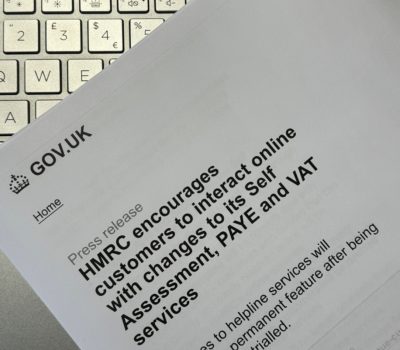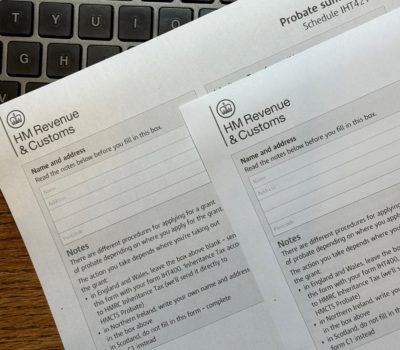How do you deal with UK Chargeable Event Gains when someone dies?
Inheritance tax (IHT) tends to come to mind when you mention someone has died, but there are other taxes you need to consider.
Before you can calculate the IHT due, you need to be able to quantify the tax position of the deceased.
If you use the TELL US ONCE service to register someone’s death, HMRC are notified and this can results in a form P800 being issued setting out the deceased’s tax position to the date of death based on the information held by HMRC.
More often than not the calculation includes state and occupational pension payments due to date of death. It may even include an estimate of other income based on the restrictions included in the tax code of the deceased.
But should you accept this calculation as correct? In my experience, not necessarily and this is the reason why.
When someone dies if they held investment bonds which mature on their death, this may result in chargeable event gains.
There is often some confusion as to how these gains are taxed.
There is a common belief that as they are gains they must be subject to capital gains tax, this is not so. There is no capital gains tax on death as there is a tax free uplift.
Chargeable event gains are subject to income tax. Any gains are treated as forming part of the deceased’s income at the date of their death and should therefore be included in the tax calculation issued by HMRC.
Depending on the deceased’s other income, these gains may not result in additional tax due.
Broadly, if the deceased’s overall income, including the chargeable event gains does not attract the higher rate of tax, no further tax is due, this is because there is a notional basic rate tax credit which satisfies any basic rate tax liability.
If the chargeable event gains results in someone’s income straddling the basic and higher rate of tax, top slicing relief is available. This relief spreads the gain over the number of years the policy has been in force. This may reduce or even eliminate any higher rate tax liability.
If the deceased’s income already attracts the higher rate of tax, top slicing relief can still reduce an additional higher rate tax liability charged at 45% to a standard higher rate tax liability charged at 40%.
For more advice on death and probate related tax matters and any other personal tax issues, contact The Tax Angel on 0191 809 0204 or [email protected]




